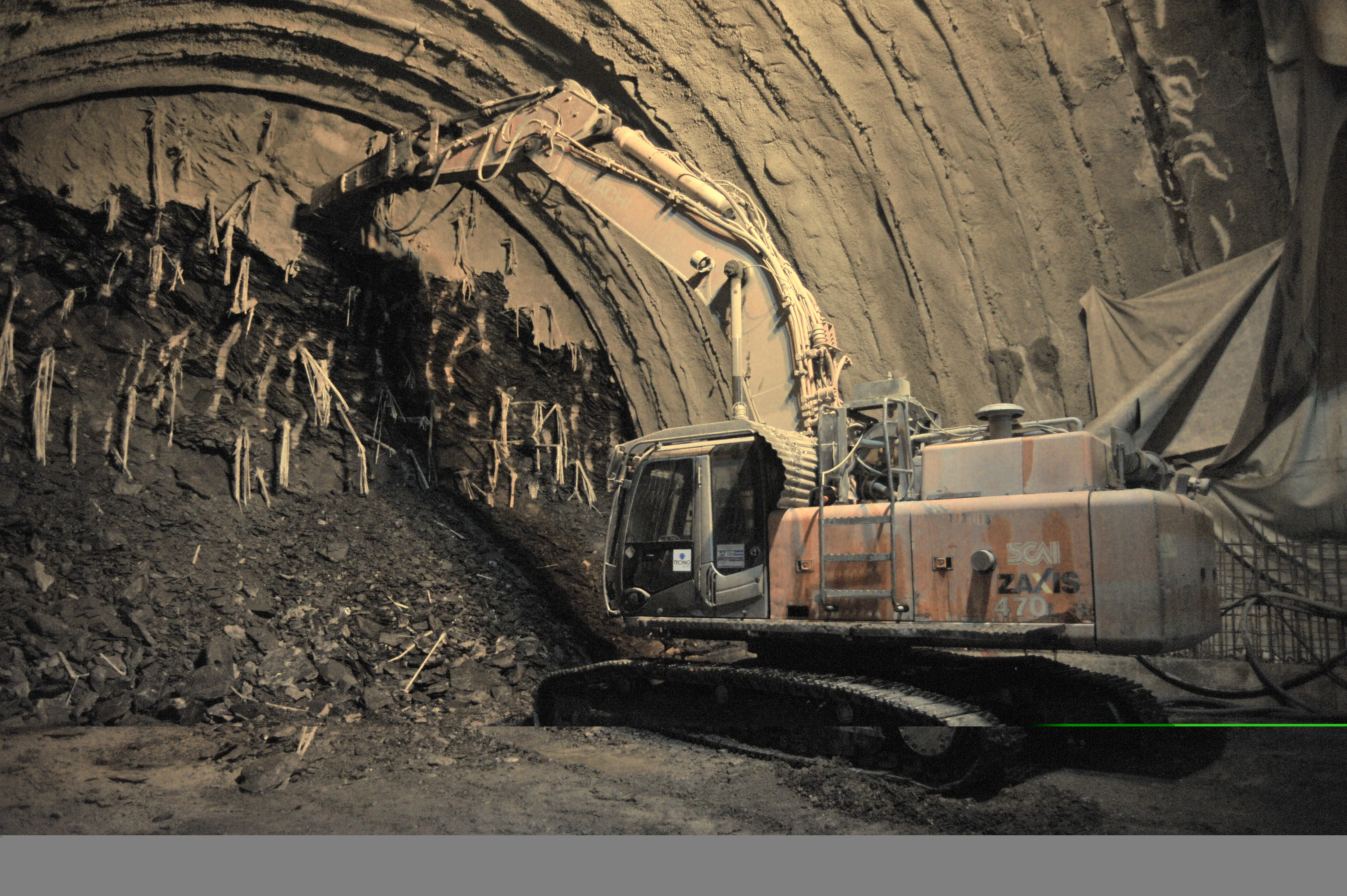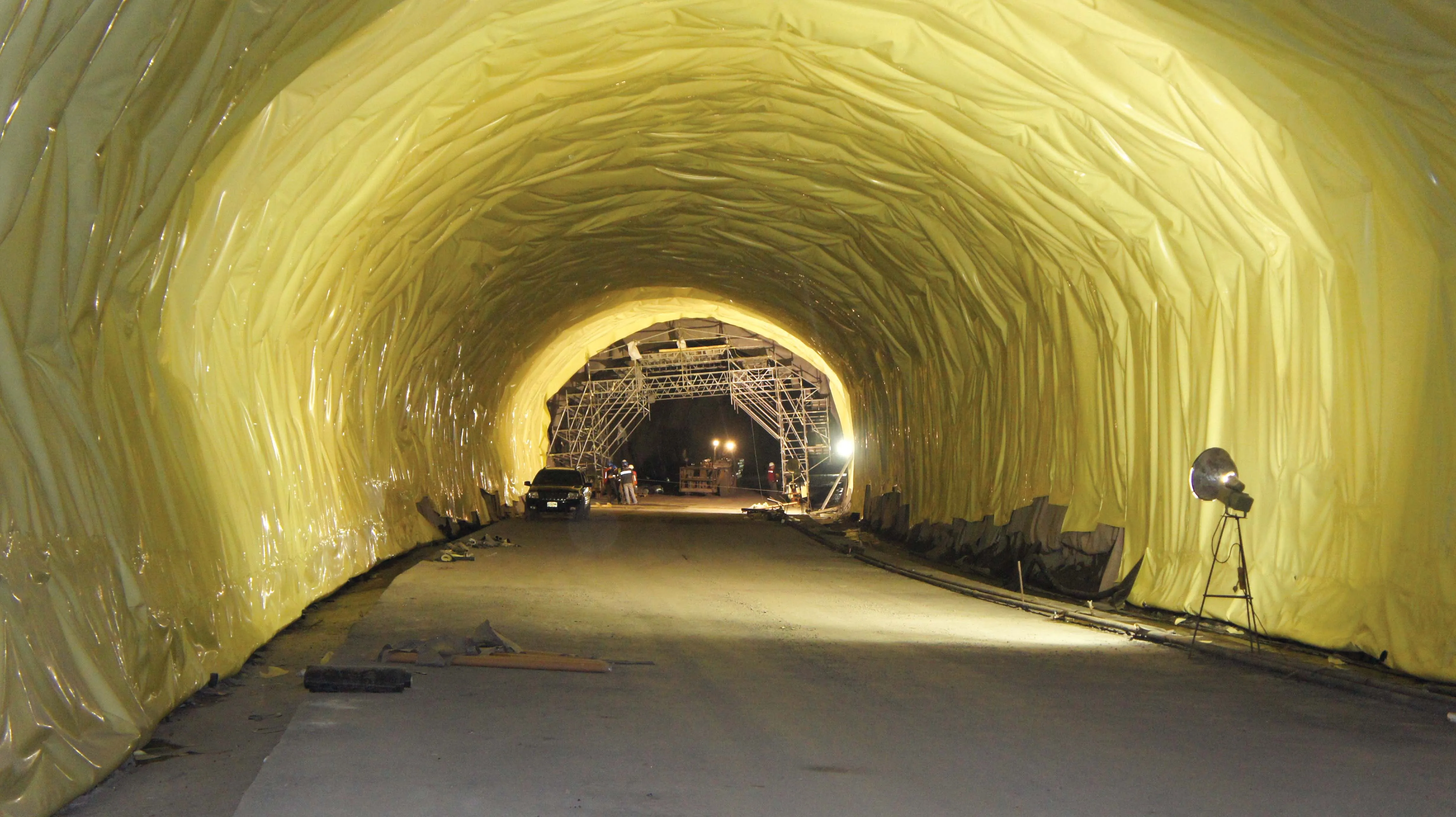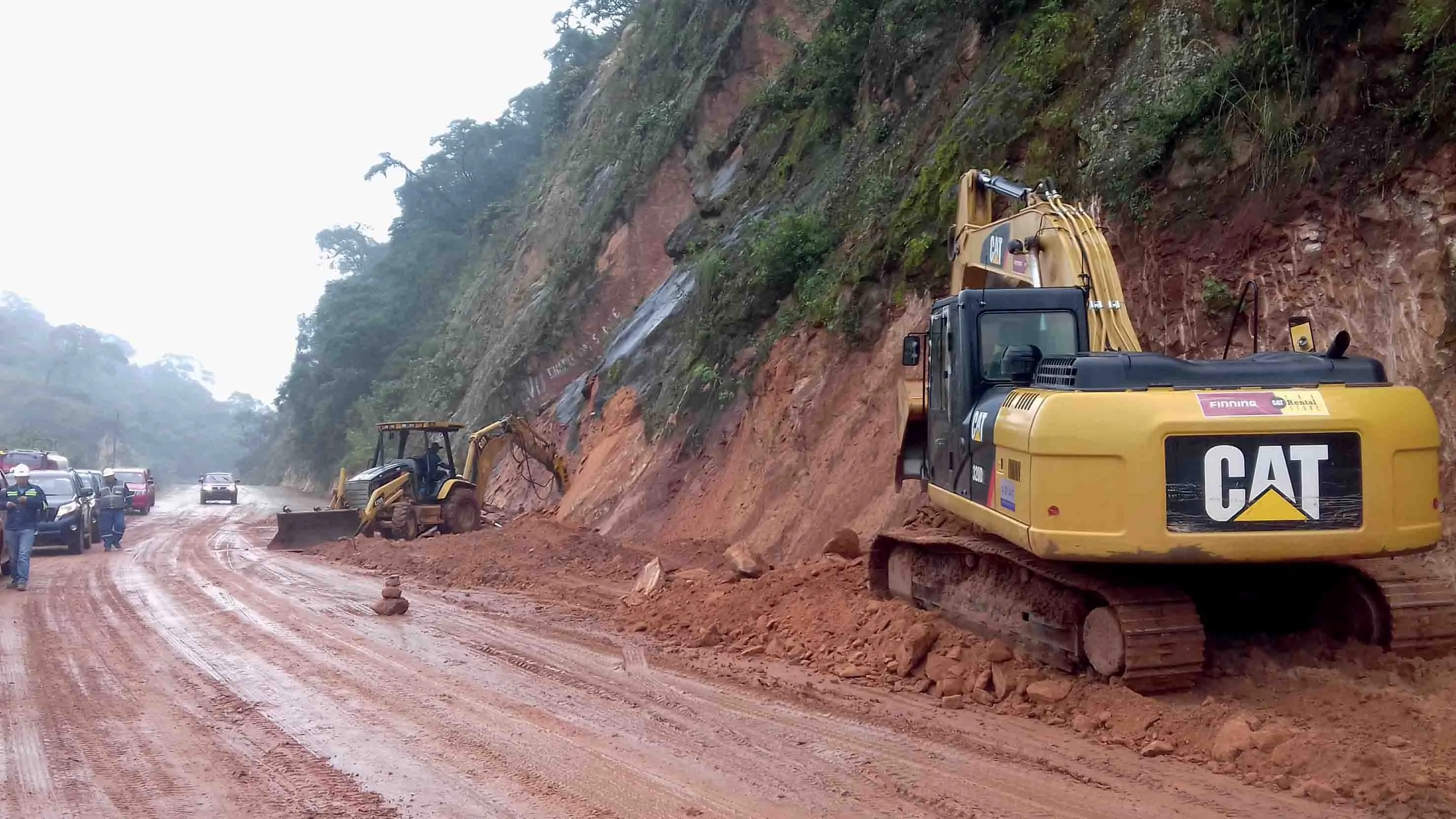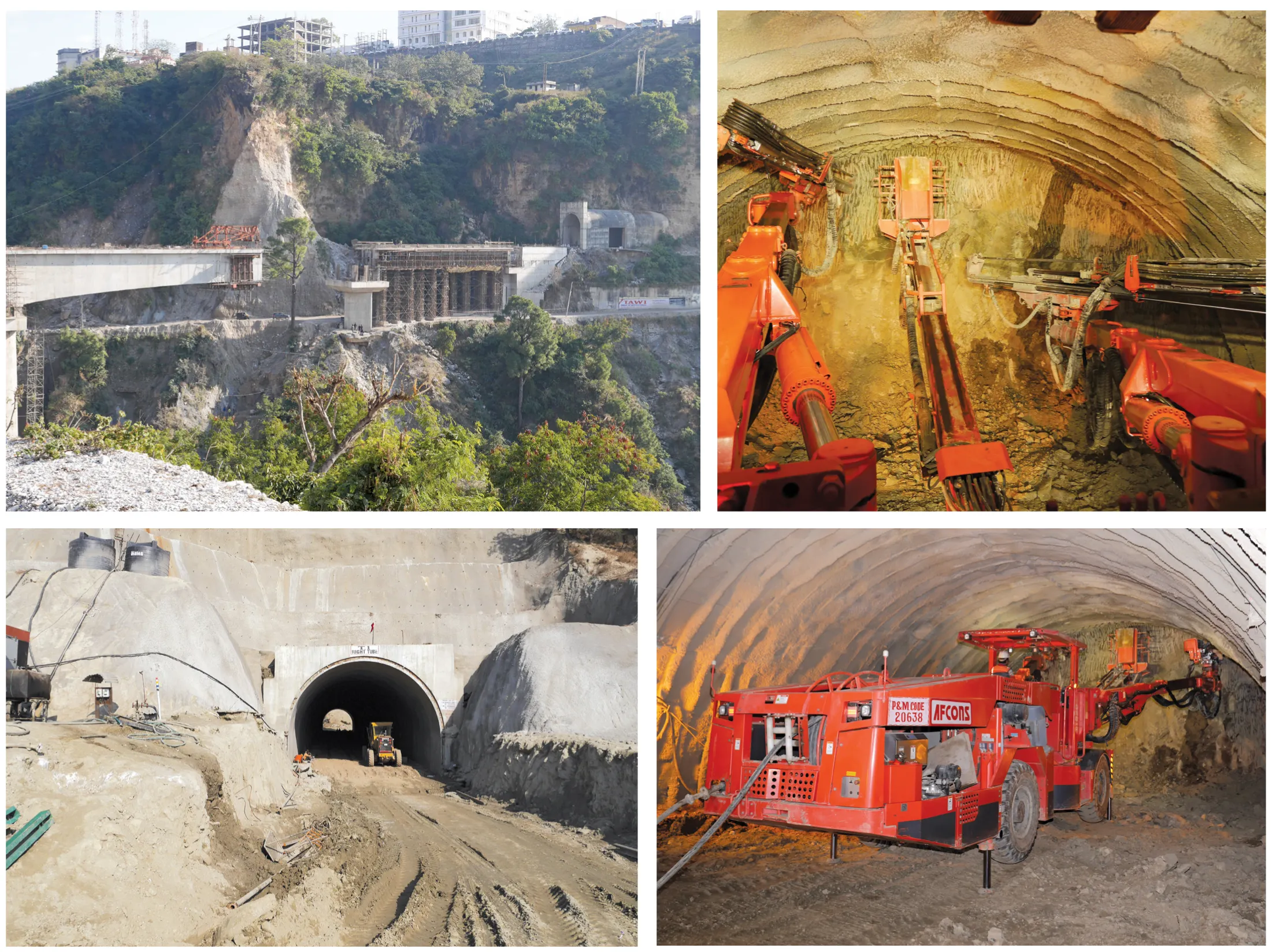Brazil’s Tamoio Highway and São Sebastião tunnel construction is of major importance – Mauro Nogarin reports.
The modernisation and expansion of Brazil’s Tamoio highway is a major project for Brazil. The project has an estimated cost of $1.5 billion and work on the first section from Planalto was completed in January 2014, costing around $350 million. The project is being managed by the state-owned agency DERSA, which deals with road development. According to the concessionaire for the Tamoios highway p
July 5, 2016
Read time: 4 mins
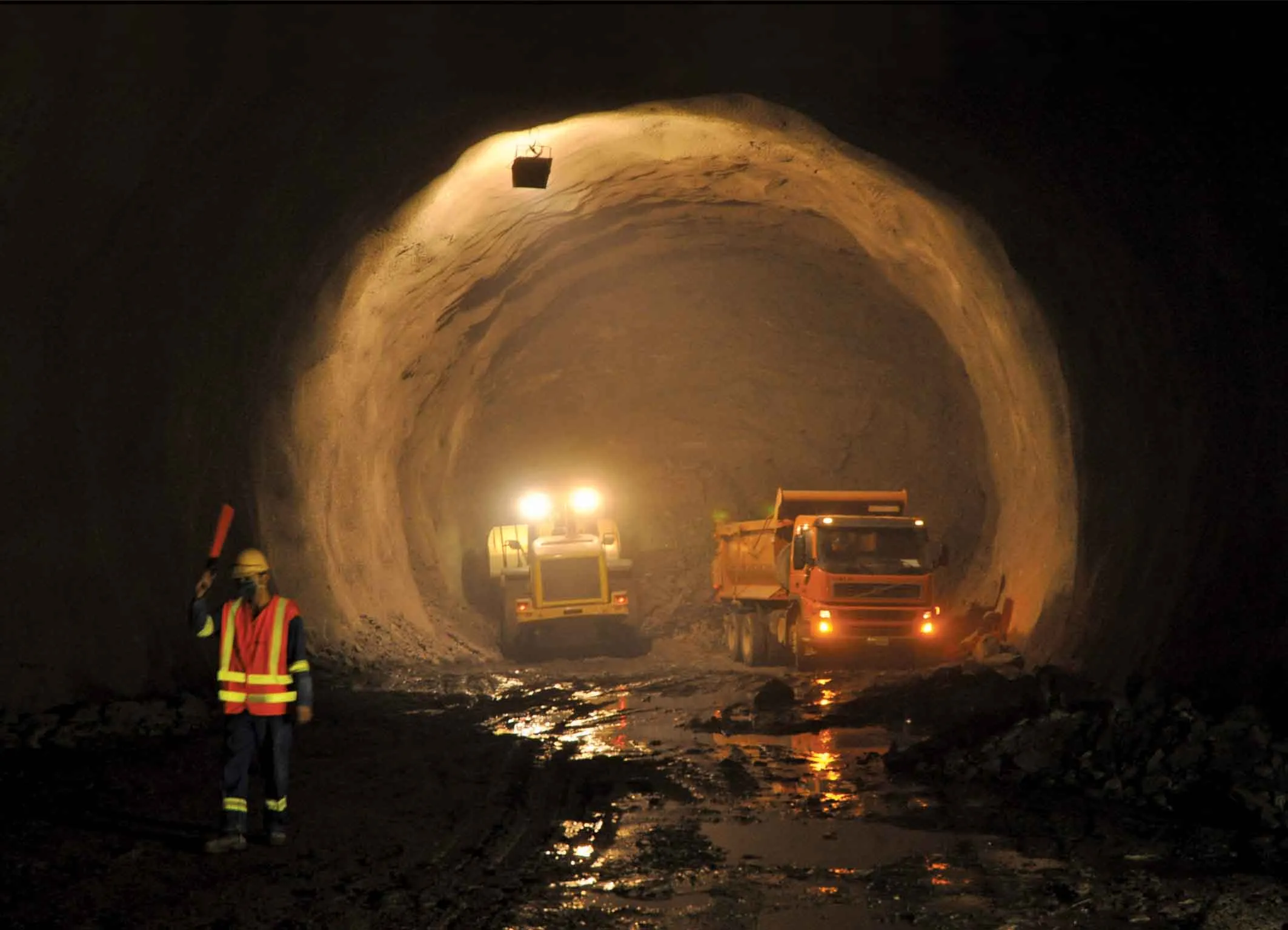
Brazil’s Tamoio Highway and São Sebastião tunnel construction is of major importance – Mauro Nogarin reports.
The modernisation and expansion of Brazil’s Tamoio highway is a major project for Brazil. The project has an estimated cost of $1.5 billion and work on the first section from Planalto was completed in January 2014, costing around $350 million. The project is being managed by the state-owned agency2529 DERSA, which deals with road development. According to the concessionaire for the Tamoios highway project, the main objective of the construction of this highway is to benefit the 25 million users who live in the region, and also to increase the tourist flow to various attractions located in this part of the country. A secondary goal is to connect the end of the Tamoio highway (SP-99) in the town of Caraguatatuba to the centre of São Sebastião in a bid to reduce traffic congestion traffic between the two cities.
However in order to complete the project, and also avoid environmental impact to the vegetation of the delicate Atlantic coastal region, the project includes the construction of 6km of viaducts and 12km of tunnels along its 34km stretch. The most complicated part of the project is the building of the São Sebastião tunnel, the longest in the country, which is located on the northern coast of the city of Sao Paulo. The tunnel construction is being carried out by Queiroz Galvao and has been underway since June 2014 with a completion deadline of 36 months. The link is due to be opened to traffic in the first half of 2018.
From a technical point of view, the biggest challenge of carrying out this project is provided by the difficult topography of the area. This is especially true in the vicinity of the Serra do Mar, where difficulties were highlighted from the early stages by the topographic and geological survey of the area. The company had to use special equipment to carry out various methods of seismic, electric and magnetic surveying. However the construction project also presents other problems, as parts of the route the road runs through are densely populated urban areas.
As a result of these factors, several complications arose regarding the organisation of the logistics operation. This was due to the difficult access for heavy trucks and machinery on some sections of the route. The project is also requiring a large workforce and it has been calculated at its peak, a maximum of 2,000 personnel will be active. A substantial fleet of heavy machinery is also required by the company, part of which is being provided by the contractor and other subcontractors. On average, 180 construction machines are being used at a time, but at the peak of the project around 500 units will be needed.
This is a substantial project and the total volume of earth moved, including rock generated by the tunnel excavation, will reach 2.6 million m3. Much of this excavated material will be used in levelling various sections of the road. Meanwhile the civil works will require more than 170,000m3 of concrete in all. From a geological point of view, the route of the tunnel presents challenges also. The rock conditions vary greatly with fragmented rock in some areas. This is requiring the company to use both the new Austrian tunneling method (NATM) and drilling and blasting.
So as to achieve the high productivity required to meet with the tight timeframe, the excavation work is taking place from two headings simultaneously. The tunnelling project is being handled in several key stages.
DATA
CONTRACTOR: Queiroz Galvao
TUNNEL LENGTH: 3.5 Km
START: June 2014
DEADLINE: Second half 2018
DURATION: 36 months
EXCAVATION METHODS: NATM and Drill & Blast
AVERAGE DAILY EXCAVATION: 4mThis involves digging into the ground, drilling blastholes using drill jumbos, charging the blastholes, detonation, removing the blasted rock, strengthening the roof of the tunnel with steel mesh, placing anchor bolts and finally applying a layer of shotcrete for roof consolidation.161 Atlas Copco machines are being used for drilling and bolting work. For the current phase of construction there are 800 personnel active while the average daily excavation is 4m/day, with the tunnel reaching a total length of 3.5km.
According to the environmental laws currently in force in Brazil, the Queiroz Company has installed some stations for the treatment and reuse of water used during drilling. This ensures that any water used during construction is returned in a similar condition. The company is using a telescopic loader255 JCB 540-170 for material transport jobs and ensuring access to the tunnel.
The modernisation and expansion of Brazil’s Tamoio highway is a major project for Brazil. The project has an estimated cost of $1.5 billion and work on the first section from Planalto was completed in January 2014, costing around $350 million. The project is being managed by the state-owned agency
However in order to complete the project, and also avoid environmental impact to the vegetation of the delicate Atlantic coastal region, the project includes the construction of 6km of viaducts and 12km of tunnels along its 34km stretch. The most complicated part of the project is the building of the São Sebastião tunnel, the longest in the country, which is located on the northern coast of the city of Sao Paulo. The tunnel construction is being carried out by Queiroz Galvao and has been underway since June 2014 with a completion deadline of 36 months. The link is due to be opened to traffic in the first half of 2018.
From a technical point of view, the biggest challenge of carrying out this project is provided by the difficult topography of the area. This is especially true in the vicinity of the Serra do Mar, where difficulties were highlighted from the early stages by the topographic and geological survey of the area. The company had to use special equipment to carry out various methods of seismic, electric and magnetic surveying. However the construction project also presents other problems, as parts of the route the road runs through are densely populated urban areas.
As a result of these factors, several complications arose regarding the organisation of the logistics operation. This was due to the difficult access for heavy trucks and machinery on some sections of the route. The project is also requiring a large workforce and it has been calculated at its peak, a maximum of 2,000 personnel will be active. A substantial fleet of heavy machinery is also required by the company, part of which is being provided by the contractor and other subcontractors. On average, 180 construction machines are being used at a time, but at the peak of the project around 500 units will be needed.
This is a substantial project and the total volume of earth moved, including rock generated by the tunnel excavation, will reach 2.6 million m3. Much of this excavated material will be used in levelling various sections of the road. Meanwhile the civil works will require more than 170,000m3 of concrete in all. From a geological point of view, the route of the tunnel presents challenges also. The rock conditions vary greatly with fragmented rock in some areas. This is requiring the company to use both the new Austrian tunneling method (NATM) and drilling and blasting.
So as to achieve the high productivity required to meet with the tight timeframe, the excavation work is taking place from two headings simultaneously. The tunnelling project is being handled in several key stages.
DATA
CONTRACTOR: Queiroz Galvao
TUNNEL LENGTH: 3.5 Km
START: June 2014
DEADLINE: Second half 2018
DURATION: 36 months
EXCAVATION METHODS: NATM and Drill & Blast
AVERAGE DAILY EXCAVATION: 4mThis involves digging into the ground, drilling blastholes using drill jumbos, charging the blastholes, detonation, removing the blasted rock, strengthening the roof of the tunnel with steel mesh, placing anchor bolts and finally applying a layer of shotcrete for roof consolidation.
According to the environmental laws currently in force in Brazil, the Queiroz Company has installed some stations for the treatment and reuse of water used during drilling. This ensures that any water used during construction is returned in a similar condition. The company is using a telescopic loader


